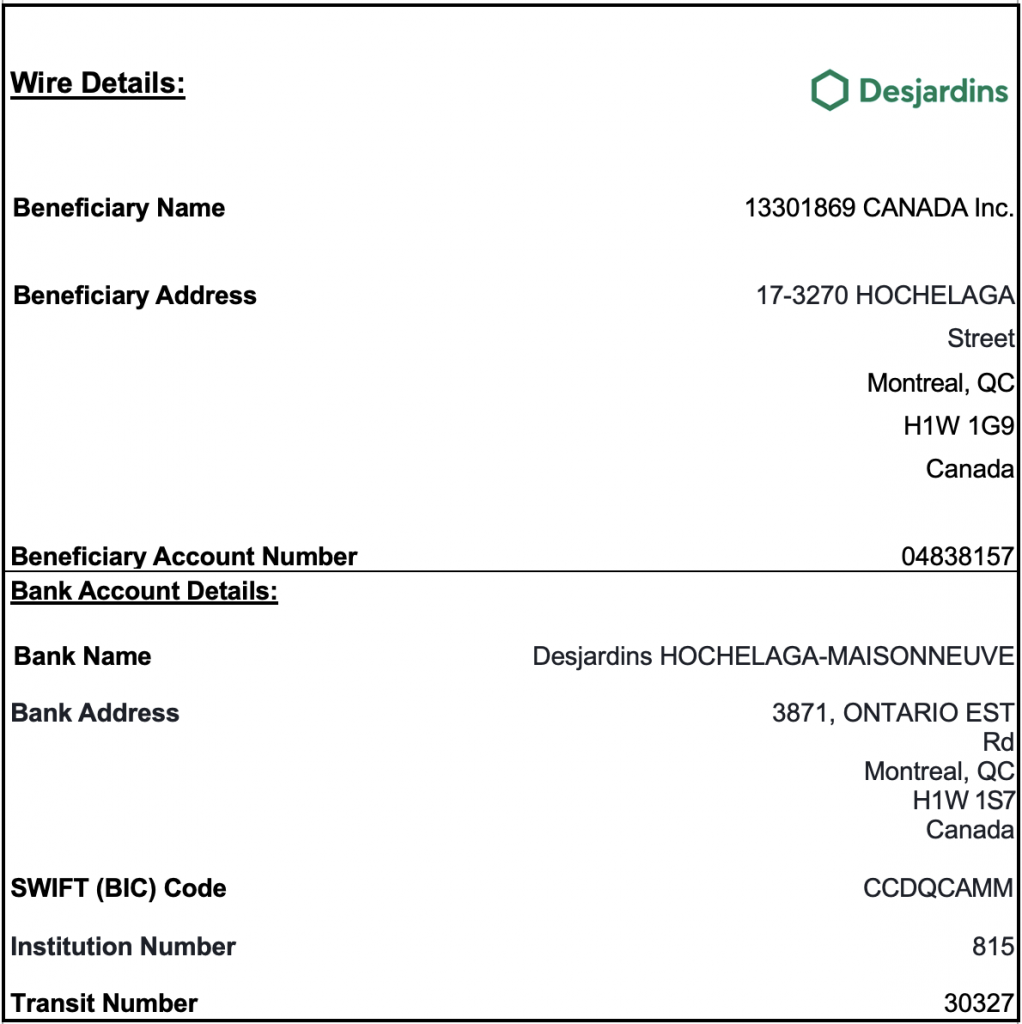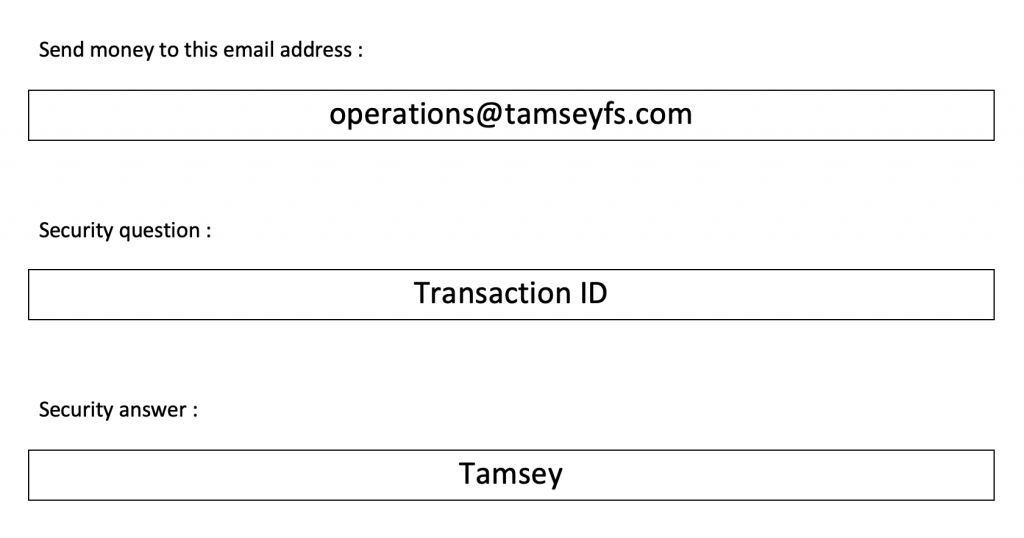Navigating the Complex Regulatory Landscape
International money transfers are essential for the global economy, facilitating remittances, business transactions, and personal transfers across borders. However, the regulatory landscape governing these transfers is intricate and constantly evolving. Financial institutions and money transfer operators must navigate a maze of compliance requirements, particularly regarding Anti-Money Laundering (AML) and Know Your Customer (KYC) regulations. This blog explores the key regulatory challenges in international money transfers, recent regulatory changes, and their implications for cross-border payments.
Understanding AML and KYC Compliance
AML and KYC regulations are fundamental components of the global financial regulatory framework. They are designed to prevent illicit activities such as money laundering, terrorist financing, and fraud, ensuring the integrity of financial systems worldwide.
AML (Anti-Money Laundering)
AML regulations require financial institutions and money transfer operators to implement measures that detect and prevent money laundering activities. This includes:
Transaction Monitoring: Institutions must monitor transactions for suspicious activity, reporting any anomalies to relevant authorities.
Record Keeping: Detailed records of transactions must be maintained, often for several years, to facilitate audits and investigations.
Reporting Requirements: Suspicious Activity Reports (SARs) must be filed when there is suspicion of money laundering or other illicit activities.
KYC (Know Your Customer)
KYC regulations mandate that institutions verify the identity of their customers to prevent fraud and ensure that they are not facilitating transactions for illicit purposes. Key components of KYC include:
Customer Identification: Collecting and verifying identification documents such as passports or driver’s licenses.
Customer Due Diligence: Assessing the risk associated with each customer based on their profile and transaction history.
Ongoing Monitoring: Continuously monitoring customer transactions to detect and mitigate potential risks.
Impact on Financial Institutions and Money Transfer Operators
Compliance with AML and KYC regulations imposes significant operational and financial burdens on financial institutions and money transfer operators. These entities must invest in advanced technology and personnel to effectively monitor and report suspicious activities, maintain detailed records, and verify customer identities.
Operational Challenges
Technology and Infrastructure: Institutions must deploy sophisticated software solutions for transaction monitoring and customer verification. These systems need to be regularly updated to stay ahead of evolving threats.
Staff Training: Employees must be trained to recognize suspicious activities and understand regulatory requirements. This includes continuous education to keep up with changing regulations.
Resource Allocation: Significant resources must be dedicated to compliance functions, which can be costly, especially for smaller institutions and startups.
Financial Implications
Compliance Costs: The costs associated with implementing and maintaining compliance programs are substantial. This includes expenses for technology, personnel, and fines for non-compliance.
Competitive Disadvantages: Smaller operators may find it challenging to compete with larger institutions that have more resources to dedicate to compliance.
Recent Regulatory Changes and Implications
The regulatory environment for international money transfers is continually evolving to address new threats and technological advancements. Recent changes have significant implications for how institutions manage compliance.
Increased Regulatory Scrutiny
Regulators worldwide are enhancing their scrutiny of cross-border transactions to combat sophisticated money laundering and terrorist financing schemes. This has led to:
Stricter Reporting Requirements: Enhanced due diligence and more frequent reporting are becoming standard, increasing the workload for compliance teams.
Higher Penalties for Non-Compliance: Fines and penalties for non-compliance have increased, emphasizing the importance of robust compliance programs.
Technological Advancements
Advancements in technology, particularly in blockchain and digital currencies, are prompting regulators to update existing frameworks. This includes:
Regulating Cryptocurrencies: As the use of cryptocurrencies for cross-border transfers grows, regulators are implementing specific guidelines to ensure these transactions comply with AML and KYC standards.
Adopting RegTech Solutions: Regulatory technology (RegTech) solutions are being increasingly adopted to streamline compliance processes and enhance the effectiveness of monitoring and reporting.
Global Coordination
International cooperation among regulators is becoming more critical to manage the complexities of cross-border transactions. Initiatives such as the Financial Action Task Force (FATF) promote global standards for combating money laundering and terrorist financing, encouraging harmonization of regulations across jurisdictions.
Conclusion
The regulatory landscape for international money transfers is complex and continually evolving. AML and KYC compliance are crucial for maintaining the integrity of global financial systems, but they impose significant challenges for financial institutions and money transfer operators. Recent regulatory changes highlight the need for advanced technological solutions and international cooperation to effectively manage compliance. As the regulatory environment continues to develop, institutions must remain agile and proactive in their compliance efforts to navigate these challenges successfully.



